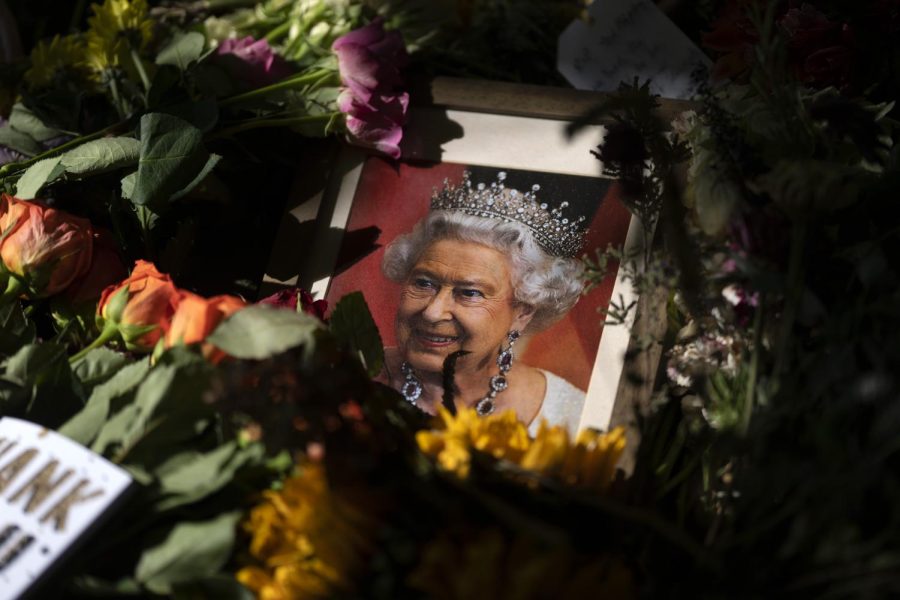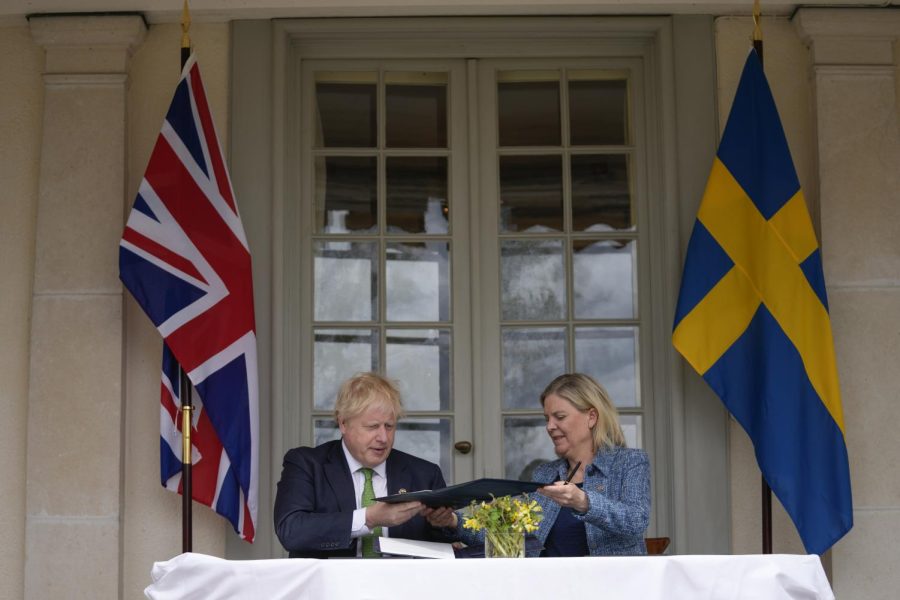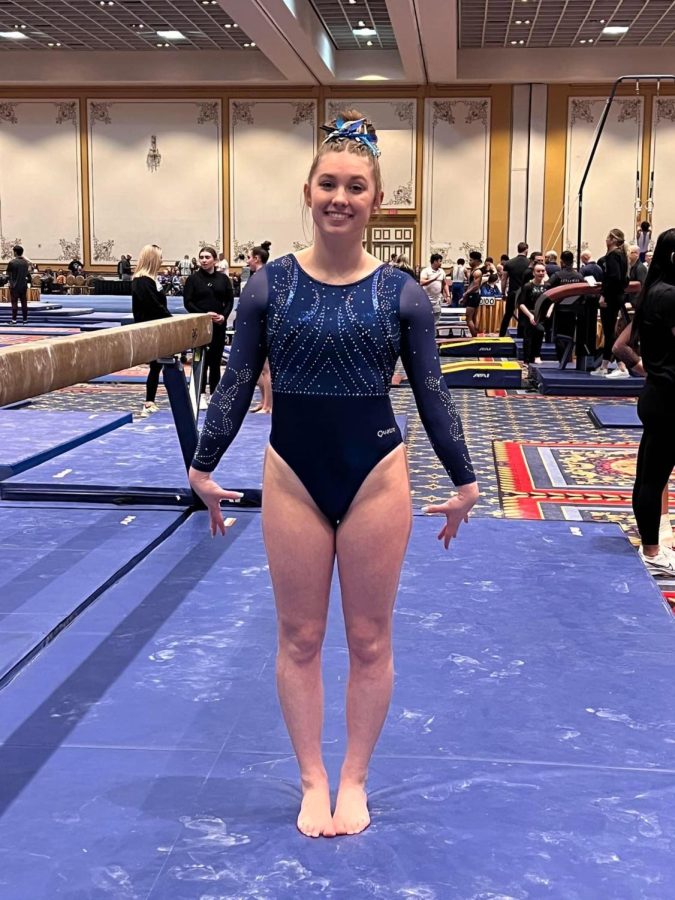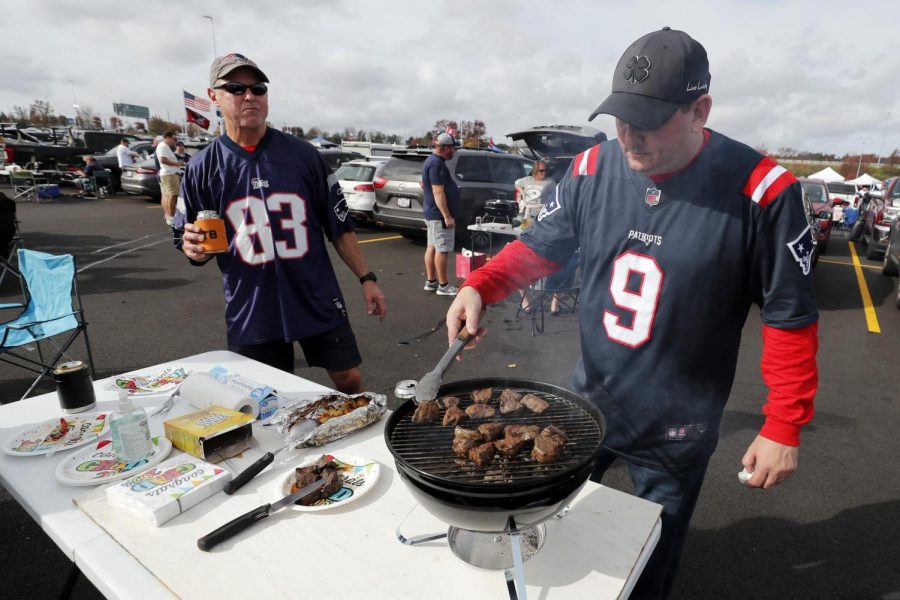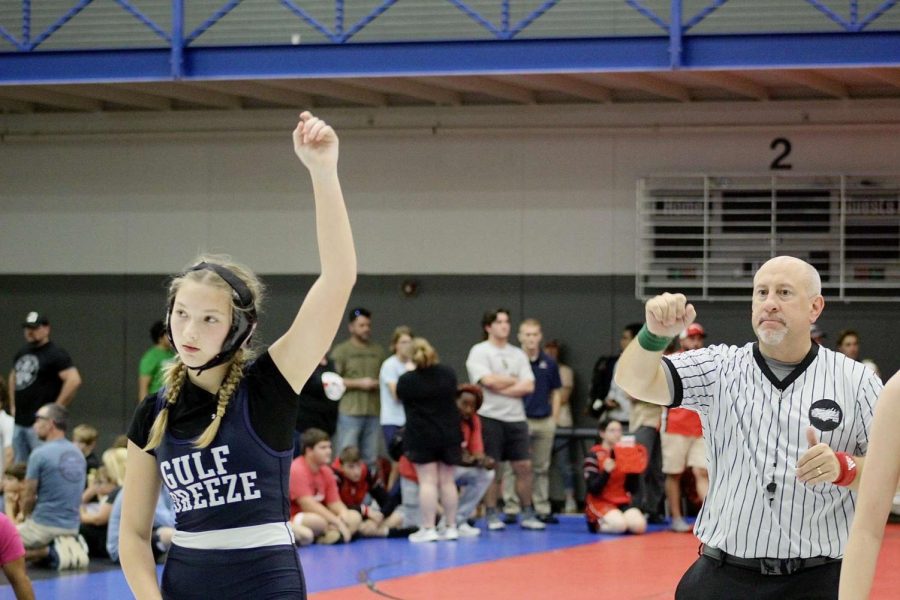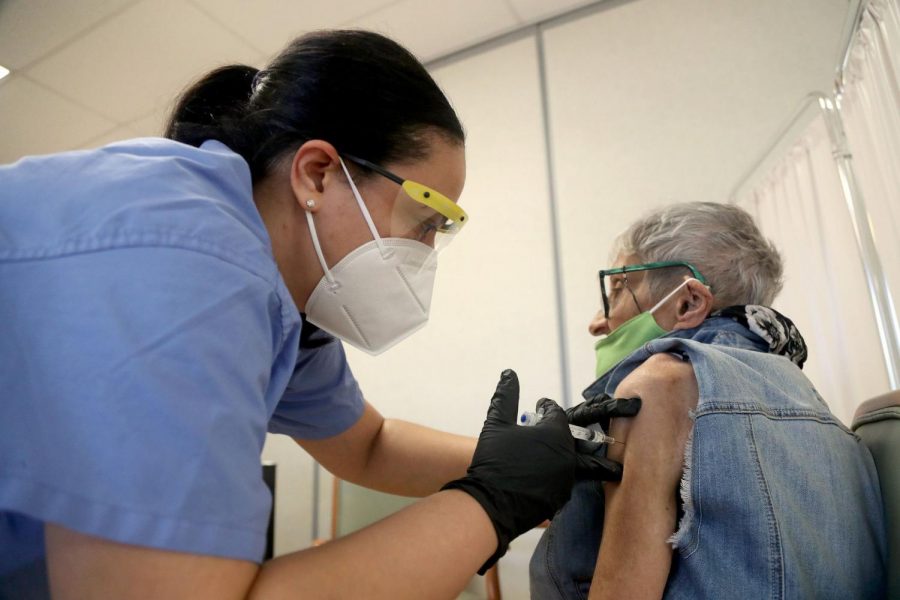Pfizer Vaccine Receives FDA Approval
September 24, 2021
On Aug. 23, 2021, the Food and Drug Administration (FDA) fully approved the Pfizer-BioNTech COVID-19 vaccine. The FDA approval of the vaccine replaces its earlier status, which was authorized for emergency use.
Despite the upgraded status of the Pfizer vaccine, many people are still hesitant to receive it. Take junior Valeria Hanson for example.
“I have PVC, a heart disease which makes me more vulnerable to dying of COVID-19,” explained Hanson. “Yet, I don’t want the vaccine, even though I was part of one of the groups of people who was offered the vaccine first. In my opinion, there is not enough research on the vaccine; I am not an anti-vaccer so I don’t discourage vaccines – I gladly get the flu shot every year.”
For people like Hanson, who believe there has not been enough research on this particular vaccine to safely use it, it can be a little nerve-racking to get the vaccine. However, the FDA still ensures that their multiple stages of development and testing are enough to earn the Pfizer vaccine the highly regulated FDA license. The hope is to further push the vaccine for widespread use.
Just like any other vaccine, the COVID-19 Pfizer vaccine – to receive FDA approval – went through the same amount of testing and development; the reason that we have the COVID vaccine so much sooner than other vaccines in the past, however, is due to high demand, better technology, and increased knowledge on the development of vaccines.
Because of the high demand for the COVID vaccine, more money and efforts went into its development, which allowed for the process to be sped up. While the process was faster, it does not mean that any one given step was skipped. Additionally, the methods our scientists have for developing vaccines have been around for many years; it has just now been done in record time.
As LSU’s Assistant Professor of Clinical Medicine, Dr. Catherine O’Neal, put it: it is very similar to winning the National Championship. Like the players on the 2019 LSU football team, the mRNA vaccine developers did not just practice for one season leading up to the big game. Practice for the National Championship started the first time they held a football. “We have been working for decades to make sure that when we had a pandemic, we took it out of our back pocket and we said, ‘We’re ready.’”



